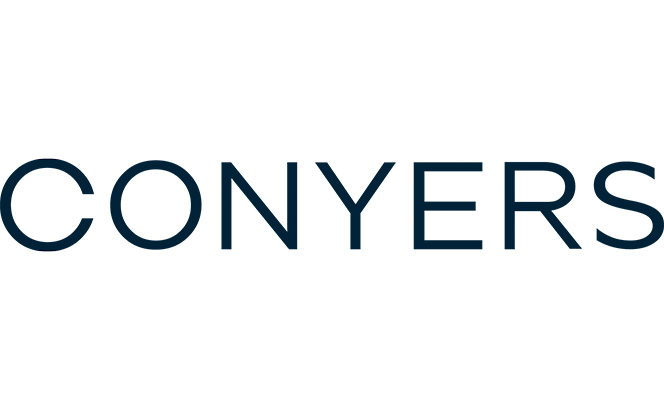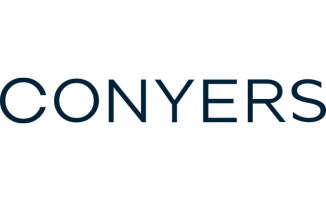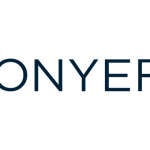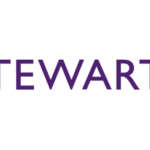Conyers’ Neil Henderson, Anton Goldstein and Matthew Stocker on the resurgence
Special purpose acquisition companies (SPACs) enjoyed a resurgence in 2020 as an alternative to traditional IPOs. Now, as 2021 begins, investors continue their search for efficient ways to deploy capital and generate attractive returns in the Covid-19 era of low interest rates and market volatility.
The SPAC investment vehicle has the advantage of significant cash reserves, experienced management teams and investor protections. It is especially attractive to investors seeking exposure to private equity-style deals with the added safety and investment liquidity obtained through the public markets.
The flexibility and stability of offshore jurisdictions such as Bermuda, BVI and the Cayman Islands is proving to be particularly SPAC-friendly in these uncertain times. SPACs have been formed offshore across a number of sectors, particularly in private equity and, recently, in the aviation industry. Notable SPACs include BVI-incorporated J2 Acquisition Ltd, which raised US$1.25bn on IPO and went on to acquire APi Group, Inc. for approximately $2.9bn in 2019.
SPACs in a nutshell
Unlike in a traditional IPO, SPACs are listed with no underlying business. Instead, these so-called ‘blank-check companies’ raise capital from investors on the basis of a business model and the expertise of its acquisition and management team. The IPO proceeds are usually placed in trust, then deployed once a suitable acquisition target is identified, generally through a merger acquisition in the following one to three years.
SPACs offer a variety of potential benefits over a traditional IPO, and speed to market is chief among them. Firstly, investing in and listing a SPAC does not require diligence of an existing operating company on IPO and so it is usually a faster way to raise capital on public equity markets. In some cases, a company can go public in eight to ten weeks versus up to 12 months (or more) for a traditional IPO. Further, there is a defined timeframe within which the SPAC must complete its first acquisition. And finally, a SPAC can move quickly to secure an acquisition target and ‘de-SPAC’ due to its large cash reserve.
SPACs offshore
Although SPACs pursuing US targets are commonly incorporated in Delaware, more and more SPACs are using either a Cayman Islands, Bermuda or BVI incorporated company to list. The large degree of flexibility and stability in these jurisdictions, along with their tax neutrality and wide acceptance on the global exchanges, provides an increasingly attractive option.
In these jurisdictions, the broad listing process for a SPAC is generally streamlined and simpler than listing an existing operating company. However, the lack of an operating history and underlying business may limit the types of listing available to the SPAC.
Importantly, given increased scrutiny around the economic terms of sponsors’ investments, BVI, Cayman and Bermuda give immense flexibility to structure incentives in whatever manner investors demand.
The De-SPAC-ing process
When it comes to ‘de-SPAC-ing’, each of the Cayman Islands, Bermuda and the BVI have well understood, straightforward and efficient statutory merger regimes that make them ideal at the acquisition stage. The regimes are permissive and offer options for the SPACs to merge with one or more local and/or foreign target entities. Importantly, the merger consideration payable may generally take any form approved by the shareholders including one or more of a combination of cash, asset transfer or share issuances.
The approval thresholds for the merger process do differ slightly between offshore jurisdictions. A Cayman statutory merger requires a special resolution passed in accordance with the articles of association. In contrast with many other jurisdictions (and subject to a higher threshold required under a company’s articles of association), a special resolution under Cayman law is a resolution passed by a two-thirds majority of those shareholders attending and voting at the relevant meeting.
In the BVI, a statutory merger only requires an ordinary (simple majority) resolution passed in accordance with the articles of association, while in Bermuda the statutory threshold is 75% of those members of the company voting to approve the merger, which threshold can be reduced or increased under the Bermuda company’s by-laws.
Once the company has completed its de-SPAC-ing process it becomes a more conventional operating business structure and continues to operate as a publicly listed company under the rules of the relevant stock exchange.
Agility wins the day
The agility of the structure is a key reason that SPACs are booming in popularity. The offshore jurisdictions of Cayman Islands, Bermuda and the BVI are well-placed to assist investors and companies with all stages of the SPAC life-cycle.
CONTACTS
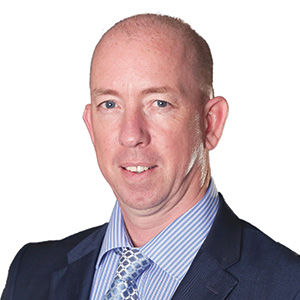
CONYERS BERMUDA
Neil Henderson, director
+1 441 298 7846
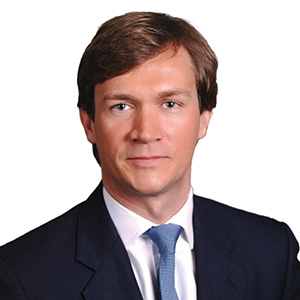
CONYERS BRITISH VIRGIN ISLANDS
Anton Goldstein, partner
+1 284 852 1119
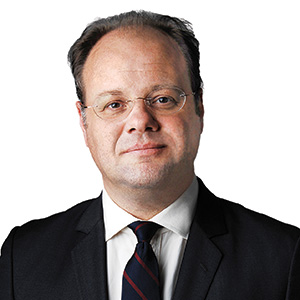
CONYERS CAYMAN ISLANDS
Matthew Stocker, partner and head of Cayman corporate practice
+1 345 814 7382







